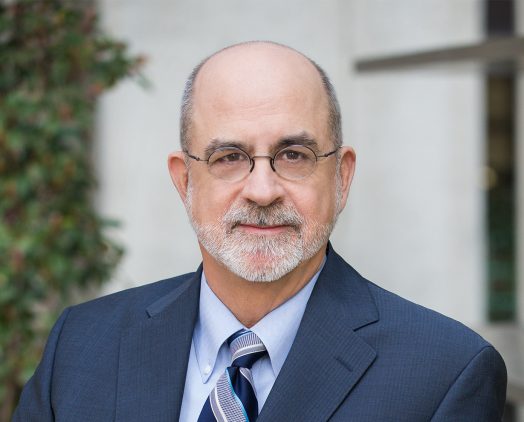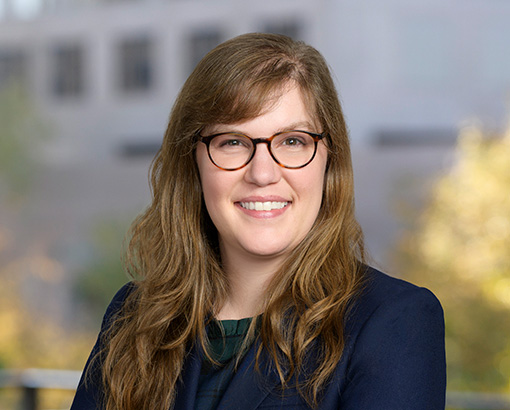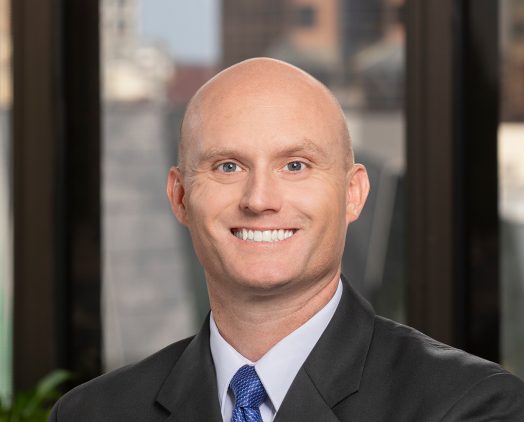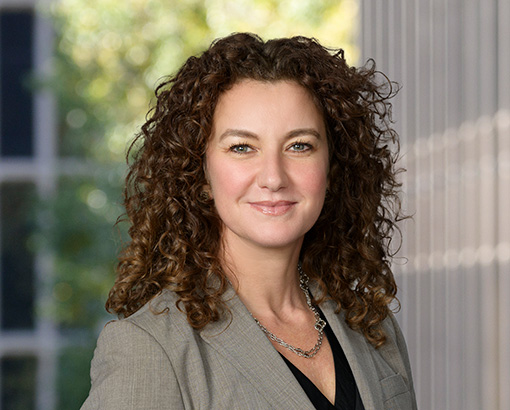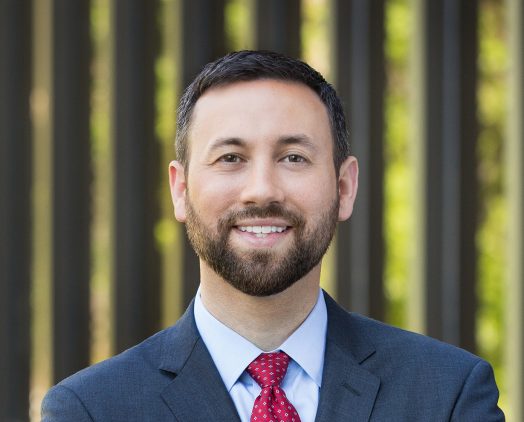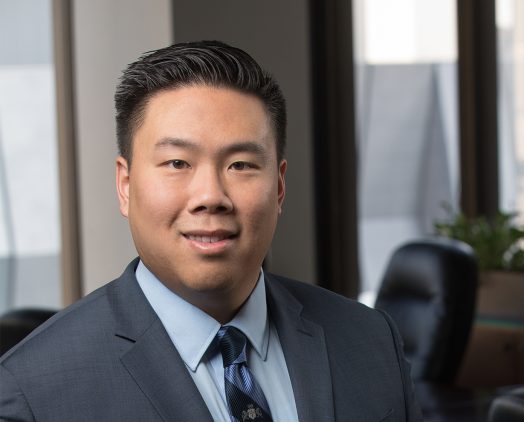
Nonprofit organizations are often faced with legal issues where having legal counsel with a high degree of expertise and experience will make a noticeable difference in efficiently reaching a favorable outcome.
Our Nonprofit Team consists of specialists who work boards of directors, senior management and staff of nonprofit organizations every day. This sophisticated practice allows us to not only effectively address formation and exemption issues, but also matters related to governance, operations, on-going tax compliance and relationships between affiliated nonprofit and for-profit entities.
Our clients represent a broad range of nonprofit and exempt organizations, including public charities, private foundations and trade associations, big and small, newly formed and well-established. Our Team members possess advanced degrees in tax and business, and have advanced training in endowment management and certification of expertise in corporate governance.
Because organizations evolve and laws and regulations change, those leading organizations must understand their roles and constantly strive to meet their responsibilities. Our attorneys assist in those endeavors by providing training and educational seminars to boards of directors, senior management and other attorneys in areas such as board member roles and responsibilities, the board/staff partnership, organizational structure and “best practices,” board development and assessment, and fundraising. We also offer an annual legal check-up to assist clients in maintaining productive and successful organizations. With our experience and resources, we are uniquely positioned to provide our clients with the full range of services for their organizations.
One of the most important responsibilities of a board is to ensure that it continuously adds qualified new members and keeps them engaged. In this workshop, participants will learn the nine steps for finding, recruiting and engaging nonprofit board members to increase board capacity and effectiveness. This session also provides best practices for improving the composition of a board and tools for developing or renewing director interest in board-building activities.
Learn the best ways to organize a board, board committees and task forces for more effective governance. This course presents background information on common committees and board structures and answers frequently-asked questions about governance models and board organization. Participants will also learn about meeting tools such as dashboards, agendas and consent agendas, which can help directors avoid typical board meeting problems.
A strong, knowledgeable board helps an organization gain credibility, provides important access to the community and serves as an effective advocate. This training focuses on effective governance by helping participants gain a clear understanding of the basic roles and responsibilities of the board as a whole and those of individual board members. This session will expand the knowledge and skills necessary to effectively meet the ten basic board responsibilities arising from its obligation to set organizational direction, ensure adequate resources and provide oversight.
What are the roles of the board vis-à-vis the staff and what are the factors that influence that relationship? Gather insights on how to support the development of an effective board-staff partnership, including shared leadership. Learn key strategies to develop, manage and survive executive transitions and the elements of succession planning.
This training helps boards understand their special role in fundraising and describes the five fundraising principles that every board member should understand to fulfill his or her responsibility to the organization. Fundraising is not an easy task, but there are strategies and techniques that can help board members feel more at ease in assisting with fundraising activities.

